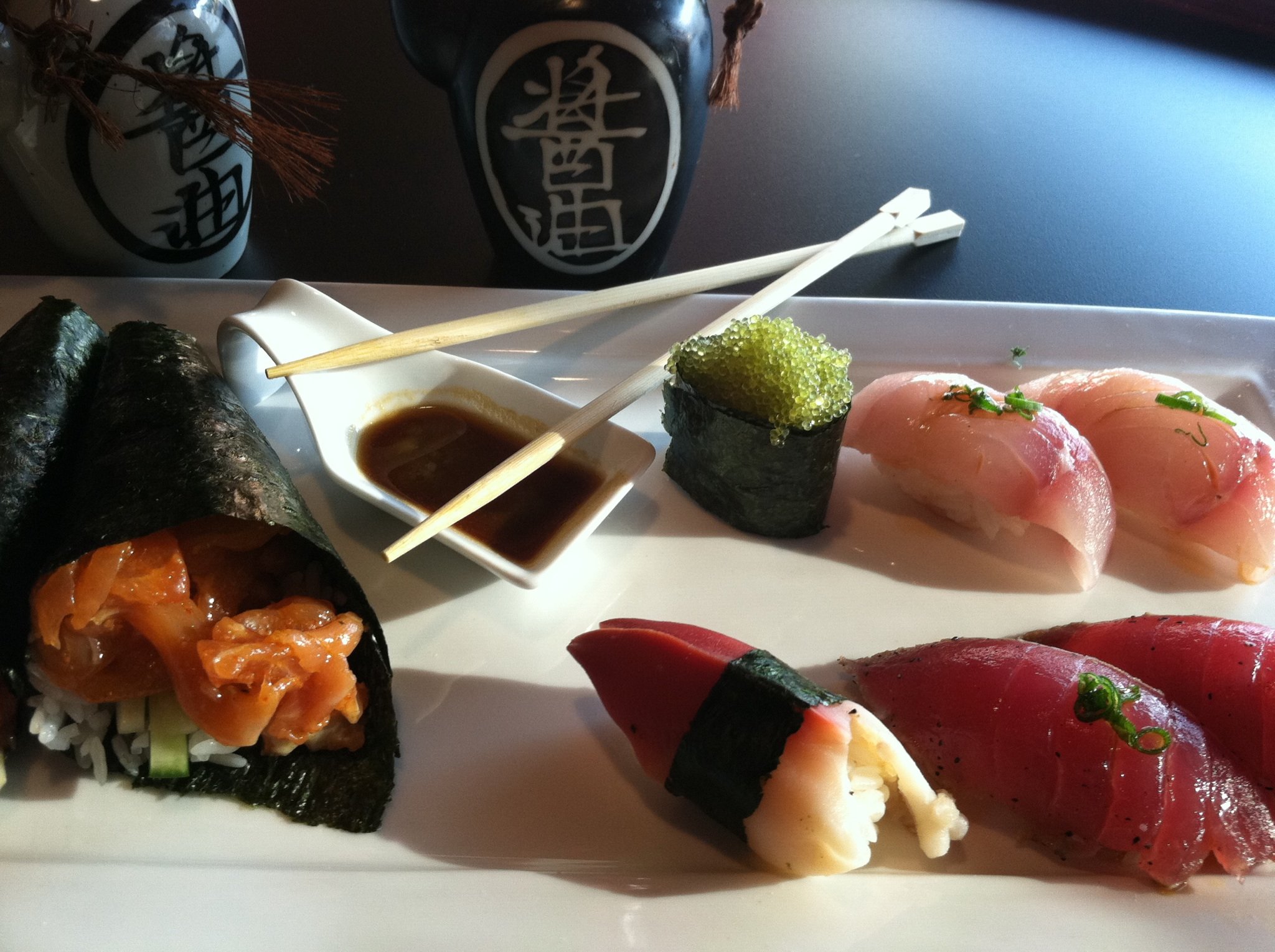Transportation
Shipping Companies and the Japan Effect (DRYS, DSX, GNK, AMKBF, DAC, SSW, FRO, NAT, TK, TGP, GLNG, SEA)
Published:
Last Updated:
 As Japan recovers from the devastating earthquake and its aftermath, the country will depend heavily on importing raw materials into the country and exporting finished goods. There are a number of publicly traded shipping companies that could see a bump in revenues as transport to and from Japan picks up.
As Japan recovers from the devastating earthquake and its aftermath, the country will depend heavily on importing raw materials into the country and exporting finished goods. There are a number of publicly traded shipping companies that could see a bump in revenues as transport to and from Japan picks up.
One type of shipper that could benefit fairly quickly is dry bulk, the massive carriers that haul coal, iron ore, and other raw materials. The carriers include DryShips, Inc. (NASDAQ: DRYS), Diana Shipping Inc. (NYSE: DSX), and Genco Shipping & Trade Ltd. (NYSE: GNK). The Baltic Dry Index, BDI, is recovering slightly from a very low 1,064. As coal is required in Japan to generate electricity no longer available from the damaged nuclear reactors, dry bulk rates from Australia and from the west coast of the US could rise. The rises will be limited by the amount of coal Japan requires and the amount that dry bulk terminals can handle. Terminals and coal shippers on the east coast of the US could also benefit as coal cargoes bound for Europe could be diverted to Japan and additional ships put into service.
Container shippers like A.P. Moeller Maersk (OTC: AMKBF), Danaos Corp.(NYSE: DAC), and Seaspan Corp. (NYSE: SSW) could see a slight slowdown in shipping until Japanese manufacturers get back to work. That process will probably be slower than anticipated.
Crude oil carriers like Frontline Ltd. (NYSE: FRO) and Nordic American Tanker Shipping Ltd. (NYSE: NAT) should see a pick-up as more crude cargoes are sent to Japan to help fuel electricity generation plants. Demand will be a function of how quickly Japan’s refineries can come back on-line, and the length of time the Japanese must depend on crude oil to fuel their generators. Another possibility is that refined products would need to be imported if re-opening the refineries is delayed for long.
Japan’s crude stocks stood at 169 days at the end of December 2010, according to Balkans.com. The country won’t want to run down its stocks and have to replenish them at higher crude prices, but by judiciously calling on its stocks, the country could mitigate some of the expenses from buying and shipping additional supplies of crude.
Liquefied natural gas (LNG) carriers include Teekay Corp. (NYSE: TK), Teekay LNG Partners, L.P. (NYSE: TGP), and Golar LNG Ltd. (NASDAQ: GLNG). Japan is already the world’s largest importer of LNG and it is reasonable to expect the country to receive more in the days ahead. In the longer term, it could be that Japan decides to replace at least some of its nuclear generation with gas-fired generation. But that decision is still months away in all likelihood.
The lightly traded Guggenheim Shipping ETF (NYSE: SEA) is up nearly 2% today, and Teekay LNG Partners and Golar are both up about the same amount. Most of the other shippers are trading slightly up as well, with only Dry Ships down slightly.
Paul Ausick
Want retirement to come a few years earlier than you’d planned? Or are you ready to retire now, but want an extra set of eyes on your finances?
Now you can speak with up to 3 financial experts in your area for FREE. By simply clicking here you can begin to match with financial professionals who can help you build your plan to retire early. And the best part? The first conversation with them is free.
Click here to match with up to 3 financial pros who would be excited to help you make financial decisions.
Thank you for reading! Have some feedback for us?
Contact the 24/7 Wall St. editorial team.